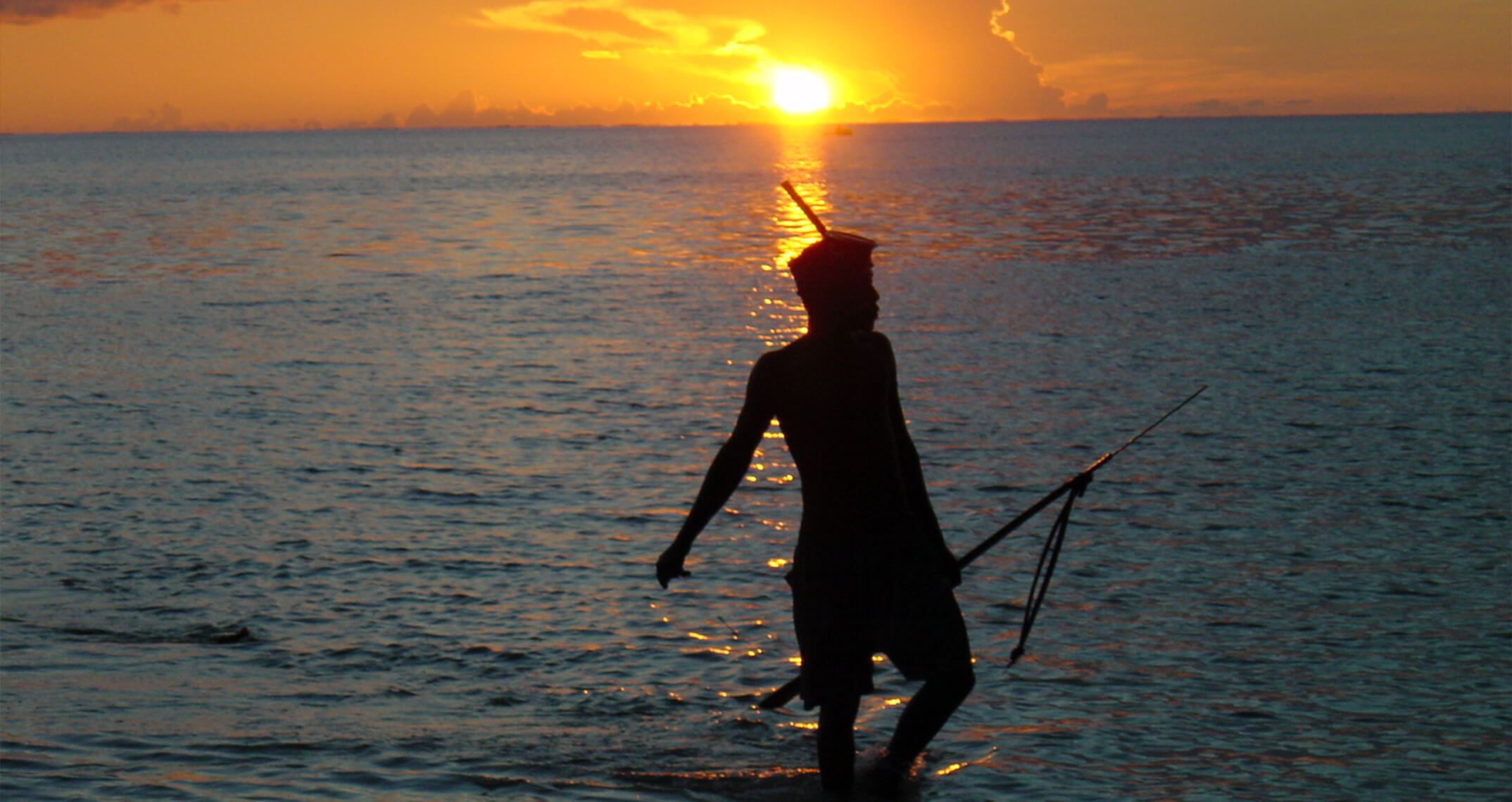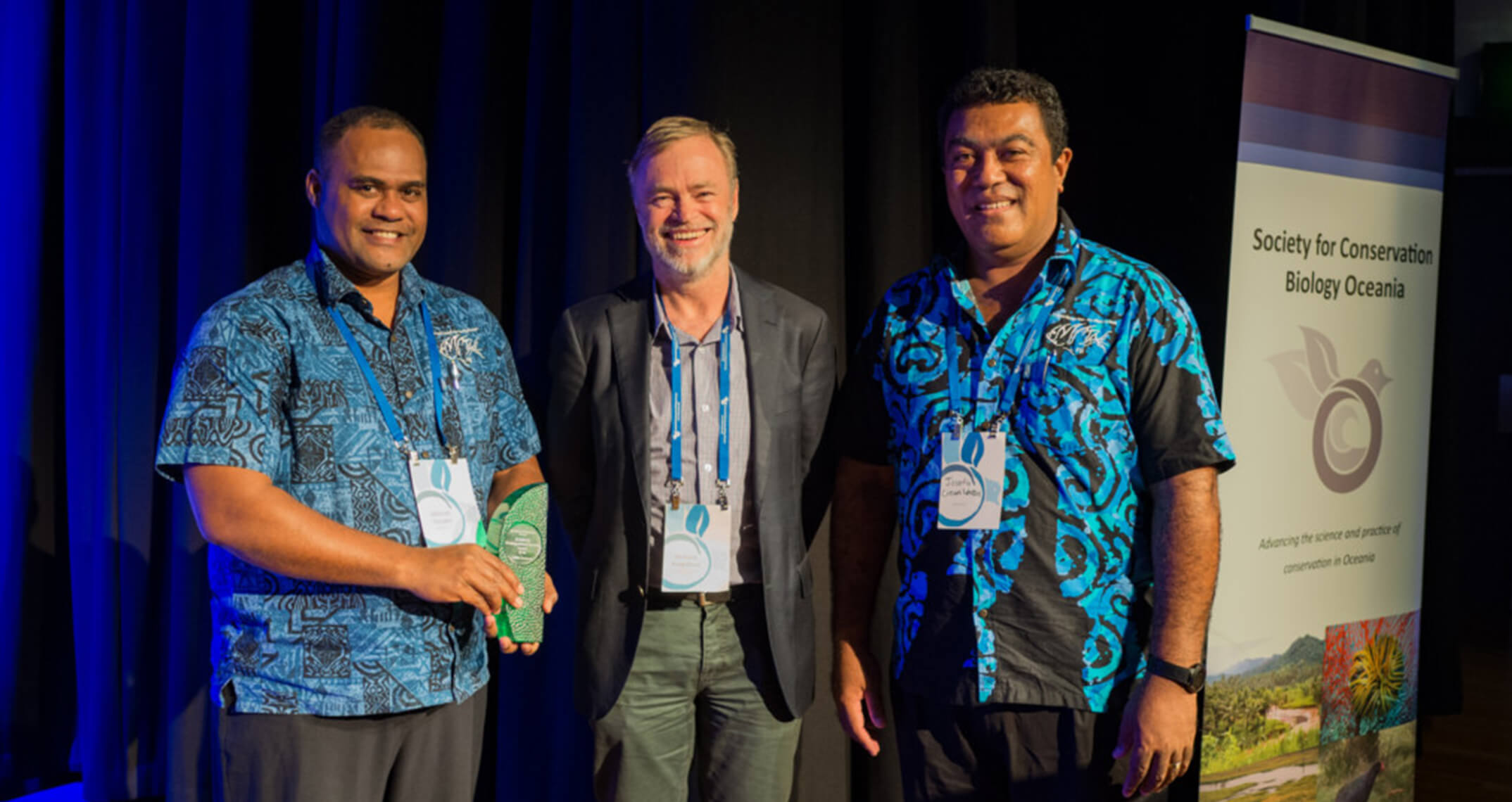In a major boost for the 4FJ campaign, Vitawa in Rakiraki District has banned catching kawakawa and donu June through September. The 4FJ campaign (short for, For Fiji) sought pledges from across Fiji not to eat, buy or sell the fish during its peak breeding months, June though September.
The voluntary pledge is intended to help these fish recover as the fish are a key food and income source for families but have rapidly decreased in recent years. But for Vitawa, it is now village policy. 4FJ champion, fisherman Lisala Waqalala, who lives in Vitawa, first raised the issue at a village meeting.
Over successive meetings, all the leaders of the mataqalis, or clans, agreed that protecting the fish during the breeding season was important to protecting village livelihoods. Other communities have put tabus, or bans, on the sites where these fish breed. This is the first time a village has made the 4FJ pledge village policy.
Waqalala originally joined the 4FJ campaign when he learned that the reason for the decline of these fish, commonly called grouper, was largely due to the fact that people were heavily fishing them during their breeding months. These fish are targeted because they are easy to fish when they gather in large numbers each year to breed, in the same predictable spots.
“I am a fisherman and have seen that its numbers are getting less and less every year and the smaller too,” he said. “As the month of June was approaching, I pleaded with those at the bose vakoro (village meeting) that we have a vakatatabu (ban) on the catching of kawakawa and donu starting from the first day of June till the end of September.”
Upwards 40 of the 200 people in the village had already taken the 4FJ pledge. So Village chairman Sitiveni Sikitoro said the next step of making the pledge village policy made sense to the heads of the mataqalis.
Scott Radway, executive director, of SeaWeb Asia Pacific, who created the campaign, applauded the village of Vitawa for taking this bold action.
“We have said from the beginning that if we all start to come together and make this pledge, good things will happen,” Radway added. “Well this is what we were talking about. This village has taken the lead for Fiji communities. Vitawa’s pledge, we hope, is just the beginning of this campaign rolling across Fiji.”
But for the record, Waqalala is not done just yet. Now he is reaching out to his fellow fishermen in other villages. “People are only buying these two fish because we are bringing it to the market,” he said. “So I am also asking our relatives in the neighboring villages if we could work together, especially for us commercial fishermen. It’s only four months and we can then catch more the rest of the year.”




